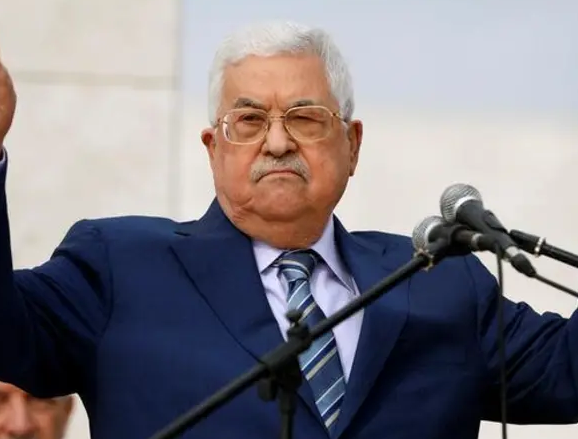Palestinian President Mahmoud Abbas has used a special sitting of the United Nations Security Council to again reject the Middle East Peace Plan put forward by the United States, while also calling for Washington’s sole-mediation role to be changed.
This follows the plan’s rejection by leaders of the African Union, Arab League and member states of the European Union which criticized its departure from internationally agreed parameters.
But Israel’s Ambassador defended the plan as a pragmatic approach to solving the conflict and urged the international community to focus its efforts on bringing to the two sides to the negotiating table.
President Abbas said he’d come to represent the 13 million Palestinian people and to call for a just peace. Arguing that the plan was not fair and that they rejected it.
“It was rejected by us because it considers that East Jerusalem is no longer under the sovereignty of the State of Palestine. That alone is enough for us to reject this plan. It leaves Palestine fragmented without any control on our land, air and sea. It would put an end to the question of Palestinian refugees. It will end all bases for a peace plan. It means a rejection of all agreements and obligations to establish two-states along the pre-1967 lines.”
He held up a map of the proposed discontiguous Palestinian State, comparing it to Swiss Cheese, a proposal he believes would entrench occupation by military force. He later helps up a sequence of maps showing the shrinking Palestinian footprint between 1917 and the 2020 proposal. “They are strengthening the Apartheid regime. This plan rewards the occupation instead of holding it accountable for all the crimes perpetrated against our people and our land.”
He called for the implementation of UN resolutions, the Arab Peace Initiative and again for an international mechanism under the auspices of the Middle East Quartet to drive direct negotiations. “However, to be honest, the US alone cannot be the sole mediator. Among the Quartet you are more than welcome, however, as the sole mediator we will not accept.”
The United States called the plan different from its predecessors because it offered Palestinians a realistic prospect for seeing a fully recognised Palestinian State in their lifetime. South Africa for its part warned that peace initiatives must be developed with the full participation of all the parties, particularly the Palestinians themselves and called for the Security Council to support the necessary environment for that to happen.
Israel’s Ambassador Danny Danon accused some in the international community of forcing outcomes of negotiations before they’d even begun.
“Israel and the PA previously agreed in internationally endorsed agreements that a border will only be determined through direct and bilateral negotiations yet still some of you against this explicit agreement tried to add a pre-condition that future borders must be negotiated based on the so-called 1967 lines. Let us negotiate, when you tell him that will be the outcome he will not enter the room. That’s what we are doing here. Why should he negotiate with us when you are negotiating for him.”
Danon cited the failure of past blueprints for peace while rejecting President Abbas’ leadership in Palestine.
“President Abbas refuses to be pragmatic. He refuses to negotiate. He’s not interested in finding a realistic solution to the conflict. Mr President let’s not beat around the bush. Progress towards peace will not be made as long as President Abbas remains in his position.”
The UN Secretary General Antonio Guterres, speaking earlier, reiterated the broad international consensus that the organisation remained committed to resolving the conflict based on relevant UN resolutions and international agreements.


